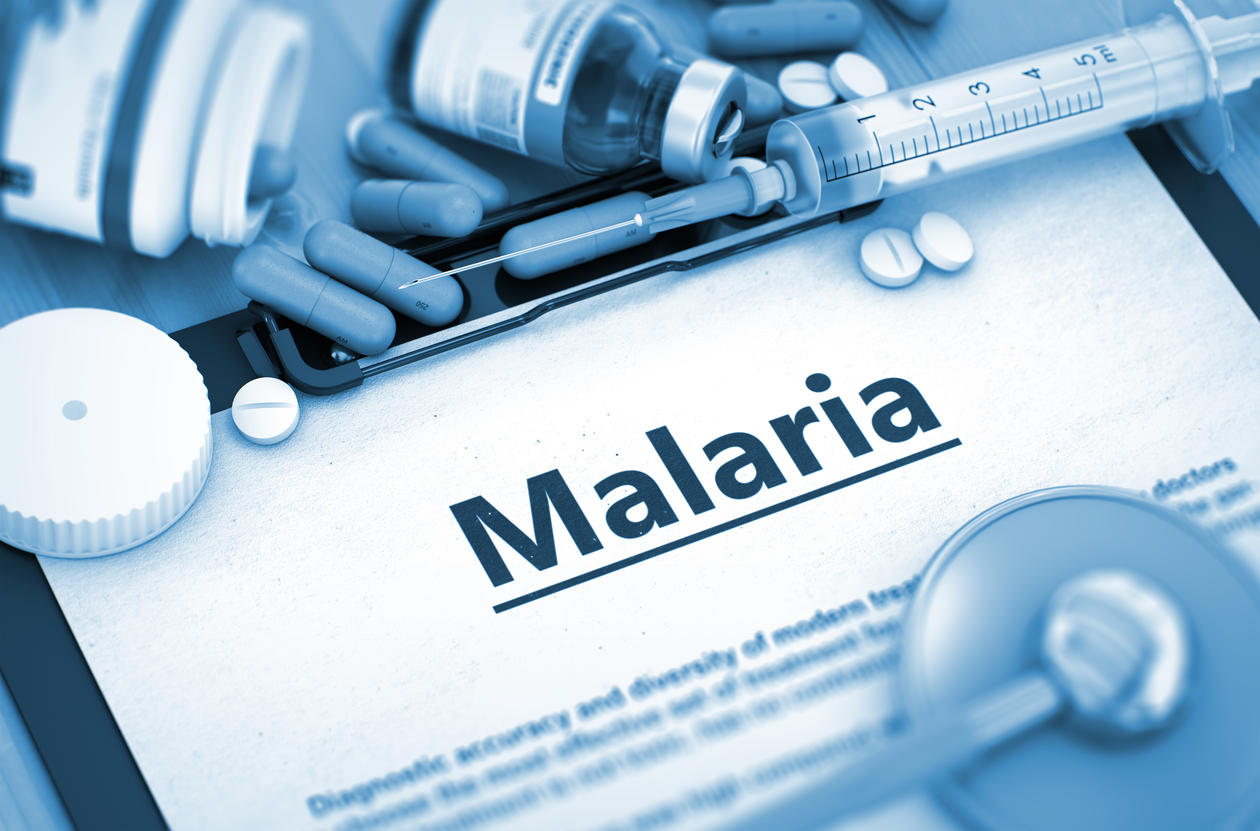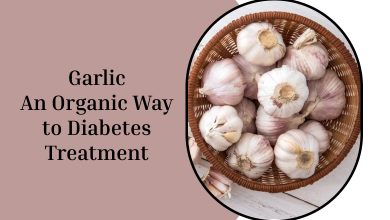Things You Should Know About Malaria!

Introduction
Malaria is an acute or sub-acute infectious disease caused by a parasite. Disease transmits through the mosquito bite. Symptoms include fever, chills, myalgia, and headache, which occur at frequent intervals. Although it is a largely preventable disease, the treatment comprises commonly used medicines like primaquine, chloroquine, amodiaquine, doxycycline, and quinine.
Symptoms of Malaria
The symptoms play an essential role in identifying the malarial infection.
The most common early symptoms of malaria are fever, headache, and chills. Symptoms start within 10-15 days of getting bitten by an infected mosquito.
The symptoms are milder in people who had an infection earlier. As symptoms are not always apparent, getting diagnosed and tested is required.
Some symptoms of malaria can be severe and even cause death. These severe symptoms include:
- Extreme tiredness and fatigue
- Impaired consciousness
- Multiple convulsions
- Difficulty in breathing
- Dark or bloody urine
- jaundice ( yellowing of skin and eyes)
- Abnormal bleeding
People who have mild symptoms should get the treatment done as early as possible; this will ensure it does not lead to severe symptoms and death due to malaria.
Prevention of Malaria
Prevention is better than cure- this saying is apt for the malaria infection. Chemoprophylaxis, protection against mosquito bites, and taking medicines can be done to prevent malaria.
Chemoprophylaxis is taking medicines before traveling to new areas, especially where malaria is common.
Mosquito Bites Can Be Tackled by:
- Using mosquito nets while sleeping at night where malaria is present
- Use of mosquito repellants containing( DEET, icaridin, and IR3535) in the mornings and daytime
- Use of mosquito coils
- Use of vaporizers to kill or drive away mosquitoes
- Wear protective clothing
- Use of screen to the doors and windows.
Vaccine for Malaria
In October 2021, WHO recommended the use of the RTS, S/AS01 malaria vaccine for children who are living in the mild to moderate transmission or spread of malaria infection. It has significantly reduced malaria cases in young children. WHO recommended another vaccine, R 21/Matrix-M, in 2023, which is safe and effective against malaria.
The 11 Critical Facts on Malaria Are:
- Malaria is a preventable and curable disease
- Prevention techniques and control measures for malaria are increasingly helpful in reducing malaria cases
- Among all the communicable diseases, malaria is the third largest killer of children who are aged between one month and five years.
- Malaria affects the vulnerable section of people, including children under five years of age, the poorest and marginal population, pregnant women, and unborn children.
- Malaria in pregnant women is fatal.
- Four out of five deaths due to malaria occur in only fifteen countries, including India. Nigeria and the Democratic of Congo have UNICEF offices in them.
- An estimated of nearly 90% of deaths occur in the sub-saharan africa, which recorded 407,000 deaths in 2016.
- Sleeping under the insecticide-treated bed net is the most common and effective way to prevent malarial infection. The number of users of insecticide-treated bed nets has increased from just 30% to 54% in 2016.
- In the last ten years, UNICEF has bought 268 million insecticide-treated bed nets for 30 countries worldwide.
- Certificate of Malaria Elimination is given to the countries that showed no-occurence of malaria for three consecutive years.
- As per WHO(World Health Organization), Africa carries a huge burden of malaria infection. In 2022, it carried 94% of total affected cases and 95% of deaths due to malaria.
Conclusion
Malaria is an old infection. We are still fighting against the eradication and have achieved moderate success in many parts of the world. More effective means like vaccines to prevent malaria are on their way to improving the situation. Adopting preventive measures using medicines. Order medicines online through the medicine home delivery app, which is the fastest and easiest in the early stages of infections, and the vaccine is an ideal way to achieve the total elimination of malaria.



